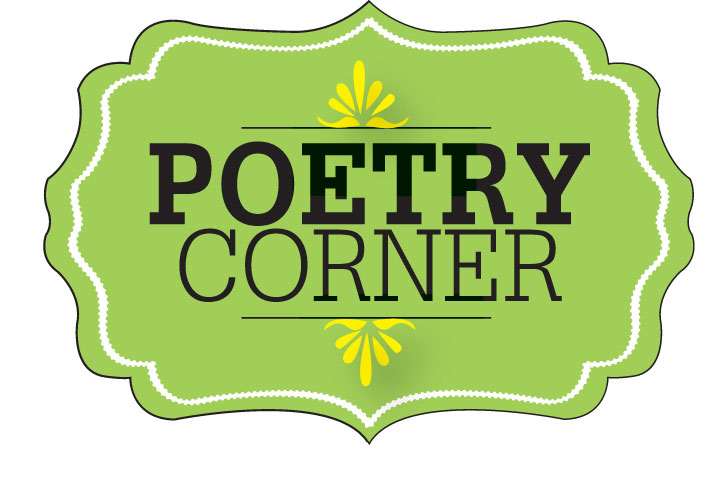By Norah Christianson
For Whom the Bell Tolls
By John Donne
No man is an island,
Entire of itself.
Each is a piece of the continent,
A part of the main.
If a clod be washed away by the sea,
Europe is the less.
As well as if a promontory were.
As well as if a manor of thine own
Or of thine friend’s were.
Each man’s death diminishes me,
For I am involved in mankind.
Therefore, send not to know
For whom the bell tolls,
It tolls for thee.
John Donne’s poem is a beautifully direct little poem, but it has a huge meaning. Donne is reminding us of our interconnectedness—we are all “part of the main.” He then goes on to say, “Each man’s death diminishes me.” Therefore, when we hear the tolling of the church bell for the funeral of one of us, don’t bother to ask who that particular individual is. We are not totally individual, we are part of the whole. As such, the bell tolls for us as well.
A line I find so striking in this poem is, “For I am involved in mankind.” INVOLVED in the community of man. Not just existing—mowing grass, fiddling with our finances, shopping on line, watching Netflix—but involved in mankind (giving, caring, helping people). Our people and other people. Donne knows it is involvement that gives our lives meaning.
The poem also calls us to remember death. Memento mori. Donne was a Dean of St. Paul’s Cathedral of London. A religious man. I’m sure, then, he means us to remember death so as to emphasize the emptiness and fleetingness of earthly pleasures, and thus to focus one’s thoughts on the prospect of the afterlife, and (hopefully) a place in heaven.
I remember death. All the time. But I do so for the opposite reason. I am not religious, but I was brought up steeped in a religion which honored death—the deathier the better. From childhood, death became almost cellular for me. Death is now, you might say, my sidekick. My friendly sidekick. But, being pagan, I think of death not to focus on the afterlife, but in order to be attentive to current life. To notice everything. To learn all I can. To be kind. To appreciate my body, to enjoy the trees, to relish a good peanut butter sandwich. To be vigilant of the earth.
“We are also what we have lost” (attributed to Juno Gemes) is a quote I like to call to mind, though the idea is the opposite of Donne’s poem. Donne says we are made less by the death of every human. But I like to think that, though we lose people in our lives, by their having been part of our lives we are augmented, not diminished. They have added to what we are, and what we are becoming. They are in our cells, part of us still.
Perhaps Donne’s perspective and mine are not all so antithetical. Two sides of the coin: We are all one. Pay attention. Be involved.

John Donne (1572–1631) was an English poet, scholar, soldier. Though educated and poetically talented, he spent much of his youth womanizing and galavanting around. Until, that is, he married Anne More and had twelve children. And so (yuh think?) that changed his life. Dean of St. Paul’s Cathedral, he also served as a member of Parliament in 1601 and in 1614



